Yajnaphalam is a very famous drama of great poet Bhasa. In this drama through Rama, Bhasa narrates the quarry of lores as taught by Vasistha. It includes the four Vedas; Vyakarana accompanied by the Samgraha endowed with the significance of the aphorisms (Sutra), the ancient treatise on etymology (Padonirvacana-marsham), Grahacara, Yogashastra of Patanjali, Acara Shastra of the Manavas or of Manu, the Rajadharmashastra of Vasistha having twenty four Vyavaharanirnayas, Nyayashastra of Medhatithi, Mimamsashastra of Kasakritsna supplemented by the tests of gems, horses and elephants, the knowledge of the omens and portents, the arts of poetry etc.
The Yajnaphalam exhibits all the special features which characterise the thirteen plays of Bhasa discovered in 1912. The work can be reasonably ascribed to the authorship of the great poet Bhasa whose Ramayana plays- 'Pratima and Abhisheka' fall in line with the technicalities of the present play. It is a Sanskrit drama in seven acts in which the poet has tried to narrate various lessons of the Vedas through a series of dialogues between various characters of the drama.
The drama inherits 3 types of Yajnas- Putresti, Vivaha and the Yajna of Vishvamitra. The three Yajnas definitely are interrelated and have been interwoven in the theme in such a way that the plot assumes a complete picture of a composite who to. The common character wading through the onrush of a variety of incidents makes the plot a great success and justifies the title of the play as such.
This edition is the first edition of Yajnaphalam that contains not only the original Sanskrit text, English and Hindi translations but a series of critical notes on each acts of the drama.

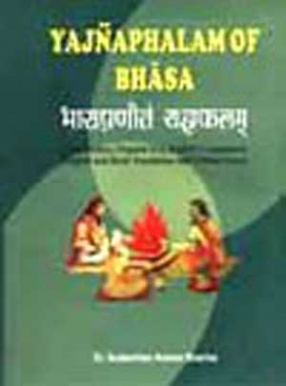
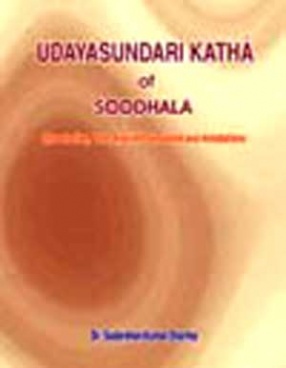
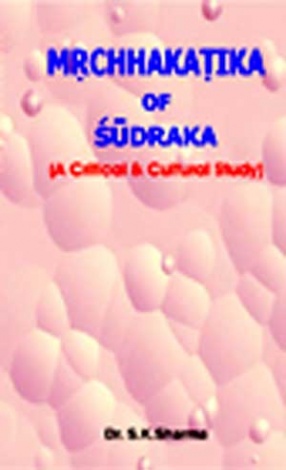
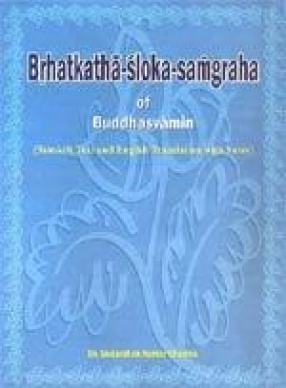

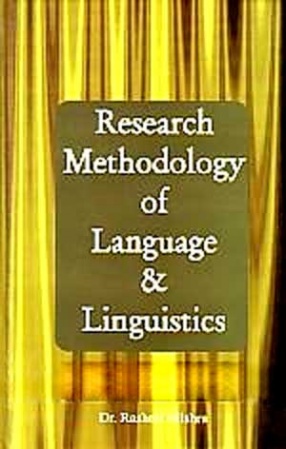

There are no reviews yet.